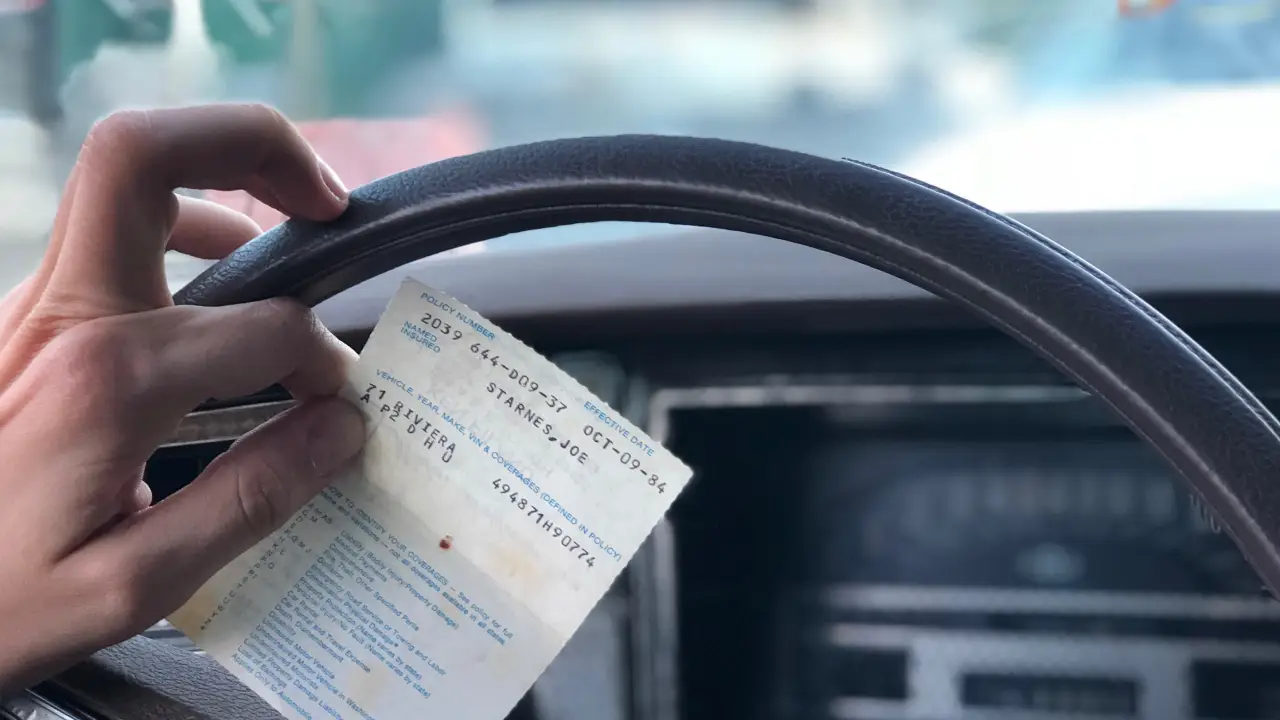6 Smart Moves to Make Before Setting Up Power of Attorney
Thu Jan 2026

If you’ve been asked to provide a statutory declaration in Brampton, it’s important to understand exactly what it is, how it works, and why it matters. A statutory declaration is not just another form—it's a legally binding statement used to confirm facts when other official documents aren’t available or applicable.
Whether you’re dealing with immigration paperwork, legal proceedings, property transactions, or personal identification issues, a statutory declaration can help verify essential information. And in Brampton, it must be signed in the presence of a commissioner of oaths or a notary public to be legally valid.
In this blog, we’ll guide you through everything you need to know about creating, notarizing, and submitting a statutory declarations in Brampton, so you can handle your legal tasks with confidence.
A statutory declaration is a formal written statement affirming that something is true to the best of your knowledge. It’s commonly used as an alternative to an affidavit, especially in non-court settings. Unlike affidavits, which are sworn under oath, statutory declarations are solemnly declared without religious swearing.
They are widely accepted by:
A statutory declaration becomes legally enforceable once it’s signed in front of a notary public or commissioner of oaths in Ontario.

In many legal and administrative scenarios, statutory declarations provide a quick, flexible, and reliable way to affirm facts when formal proof is missing. Here are the most frequent uses:
If you’ve lost your ID or recently moved, a declaration can confirm:
Especially useful for school registration, passport renewals, or Service Ontario requests.
Immigration, Refugees and Citizenship Canada (IRCC) often requires:
Courts may accept declarations in:
It saves time by avoiding court appearances in minor or uncontested matters.
Notarized declarations may be used to:
Businesses may request declarations for:
To ensure your statutory declaration is legally valid in Ontario, it must meet these requirements:
All information must be accurate. Misstatements can lead to rejection or even legal penalties.
Your full legal name, address, and relevant personal details must be included.
Phrases like “I solemnly declare that…” and reference to the Canada Evidence Act or Ontario Statutory Powers Procedure Act are usually required.
A notary public or commissioner of oaths in Brampton must witness your signature and confirm your identity.
The professional witnessing the document will affix their seal and signature, making the declaration legally binding.
Here’s a step-by-step process to make sure your declaration is accepted:
Identify what the declaration is for—government forms, court, business, immigration, etc.
Include:
You cannot sign it alone—take your unsigned draft to a certified notary or commissioner in Brampton.
Your identity will be verified, and your document will be officially signed and sealed.
Hand in or upload your declaration to the appropriate agency or organization.
It’s illegal to lie in a statutory declaration. Under Section 138 of the Criminal Code of Canada, knowingly making a false declaration is punishable by:
Always ensure the information is truthful and verifiable.

Looking for fast, professional help? At RG Notary & Legal Services, we offer:
Whether it’s for personal, legal, immigration, or business use—we ensure your statutory declaration is compliant, accepted, and properly notarized.
If you're dealing with immigration papers, a legal matter, or a personal declaration, don’t leave it to chance. A properly drafted and notarized statutory declaration in Brampton can save you time, prevent complications, and strengthen your legal position.
With the support of trusted professionals at RG Notary & Legal Services, you can get it done right the first time.
Visit our office in Brampton or call us now to book your appointment.










